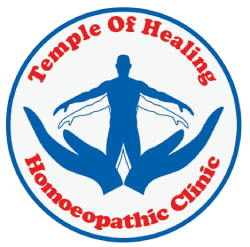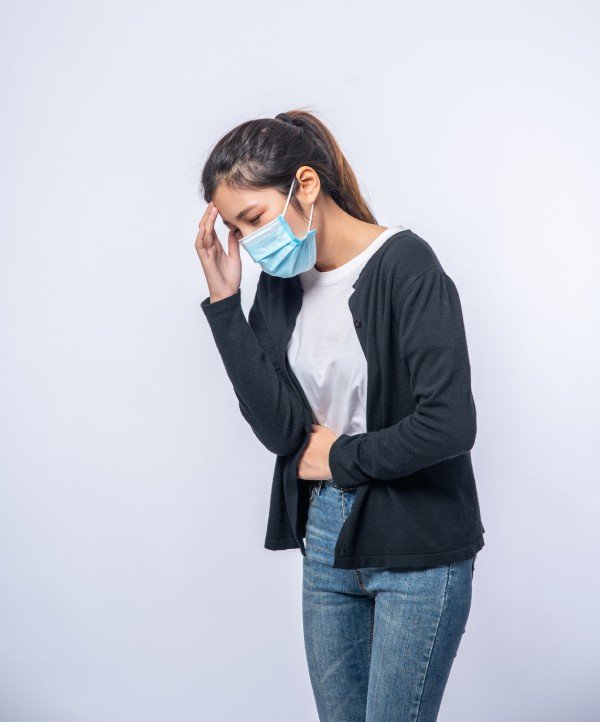What are sinuses?
Your sinuses are four paired cavities (spaces) in your head. Narrow passages connect them. Sinuses make mucus that drains out of the passages in your nose. This drainage helps keep your nose clean and free of bacteria, allergens and other germs (pathogens).
Types of sinusitis
We describe types of sinusitis based on how long it’s been going on (acute, subacute, chronic or recurrent) and what’s causing it (bacteria, virus or fungus).
Acute, subacute, chronic and recurrent sinusitis
- Acute sinusitis symptoms (nasal congestion, drainage, facial pain/pressure and decreased sense of smell) last less than four weeks. It’s usually caused by viruses like the common cold.
- Subacute sinusitis symptoms last four to 12 weeks.
- Chronic sinusitis symptoms last at least 12 weeks. Bacteria are usually the cause.
- Recurrent acute sinusitis symptoms come back four or more times in one year and last less than two weeks each time.
Bacterial and viral sinusitis
Viruses, like the ones that cause the common cold, cause most cases of sinusitis. Bacteria can cause sinusitis, or they can infect you after a case of viral sinusitis. If you have a runny nose, stuffy nose and facial pain that don’t go away after ten days, you might have bacterial sinusitis. Your symptoms may seem to improve but then return and are worse than the initial symptoms. Antibiotics and decongestants usually work well on bacterial sinusitis.
Fungal sinusitis
Sinus infections caused by fungus are usually more serious than other forms of sinusitis. They’re more likely to happen if you have a weakened immune system.


